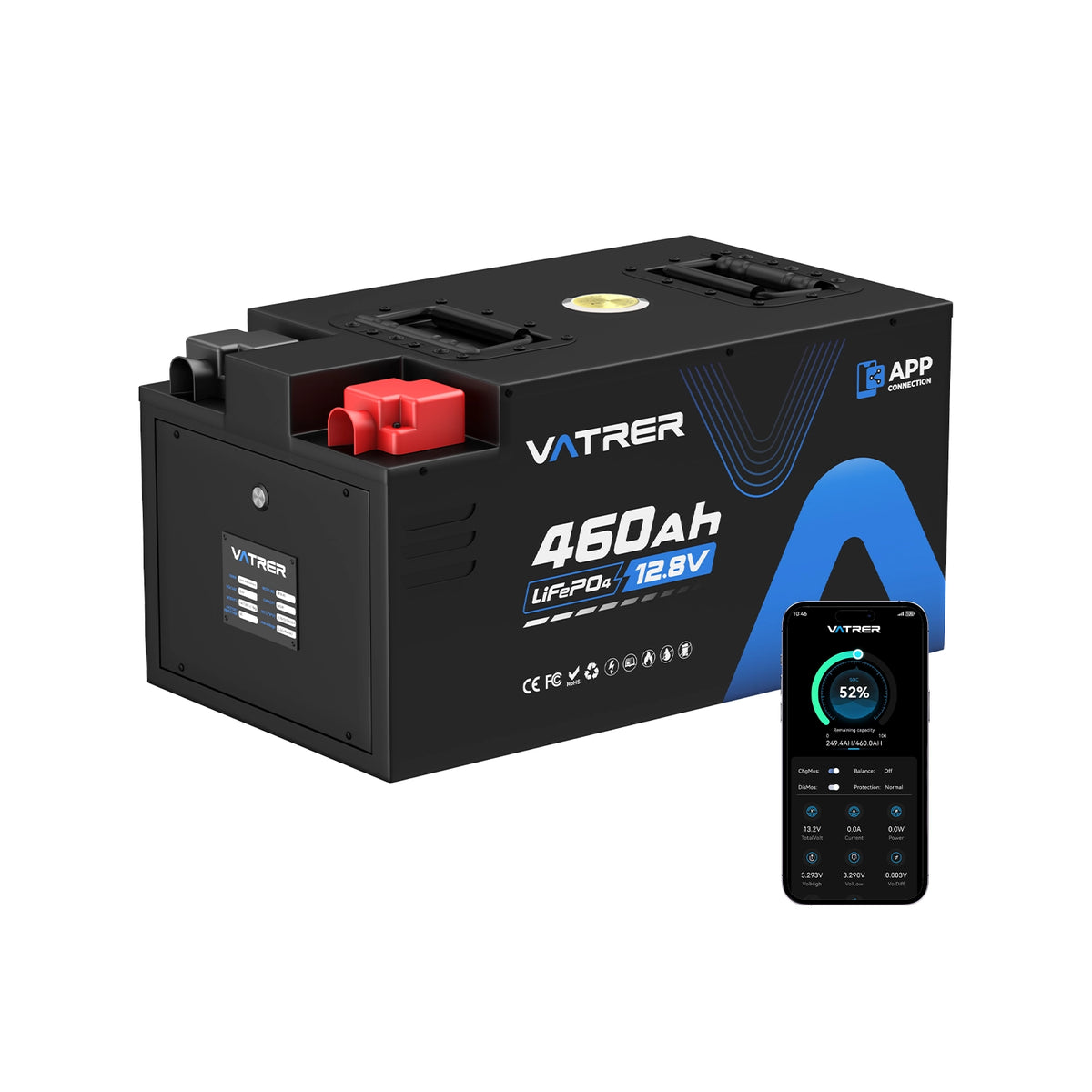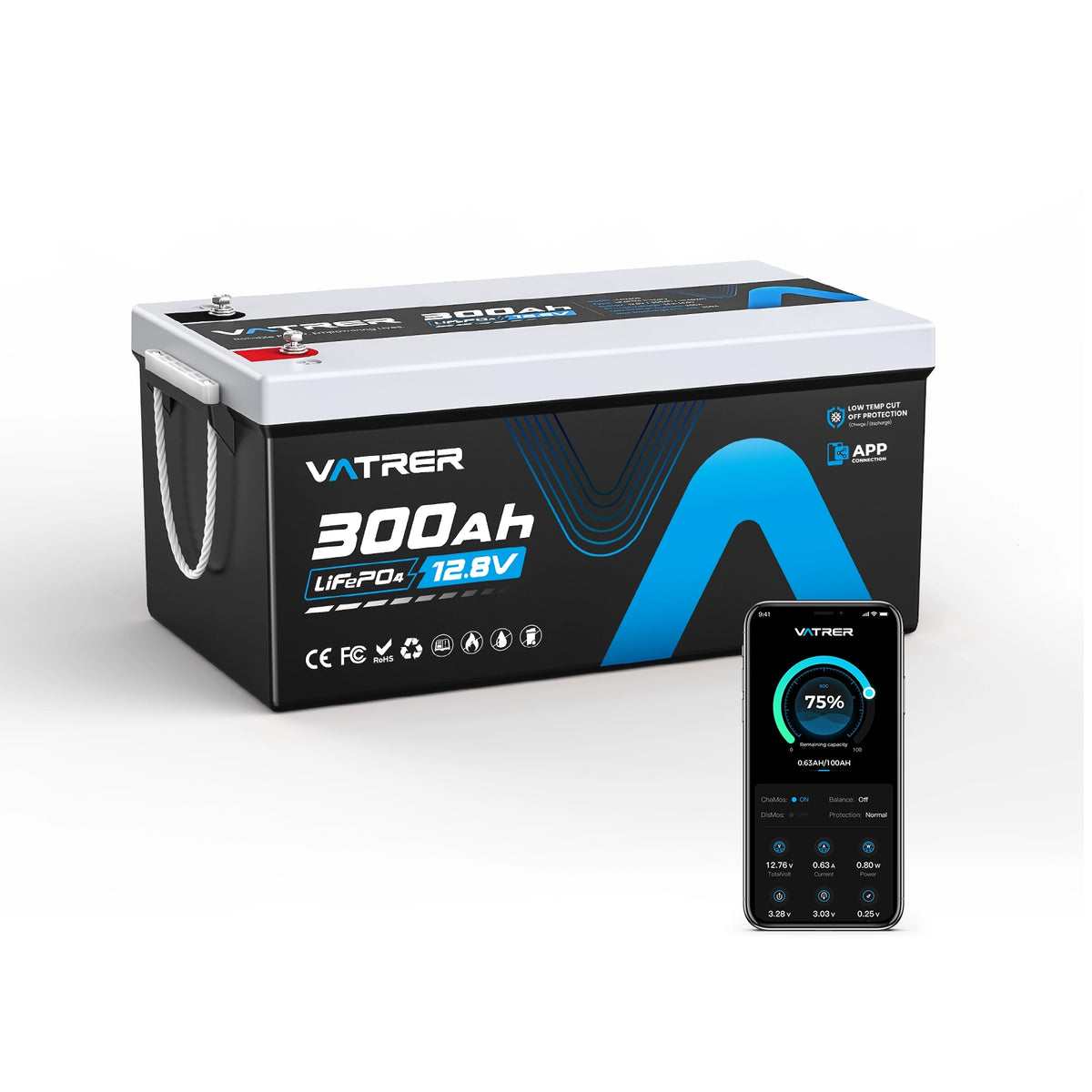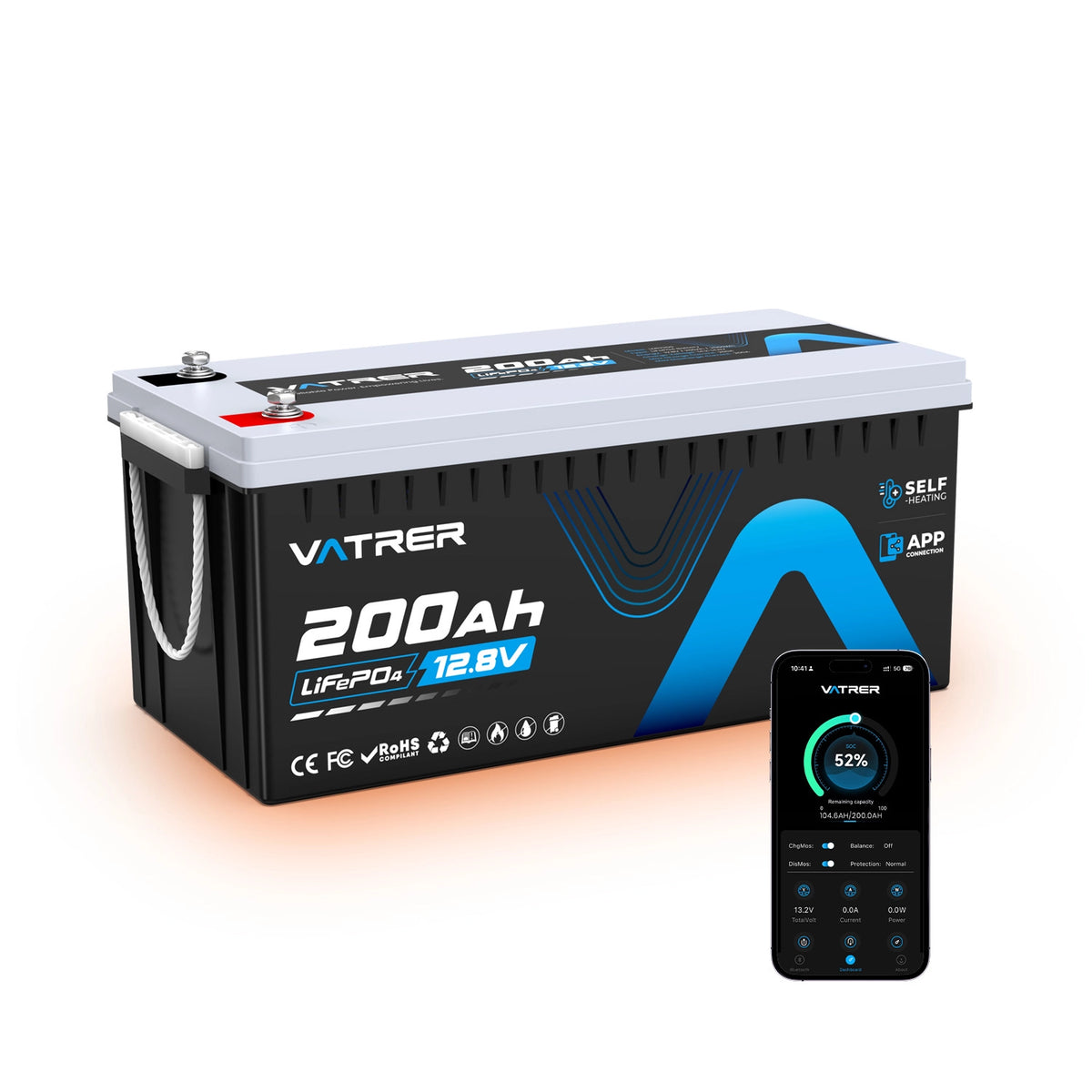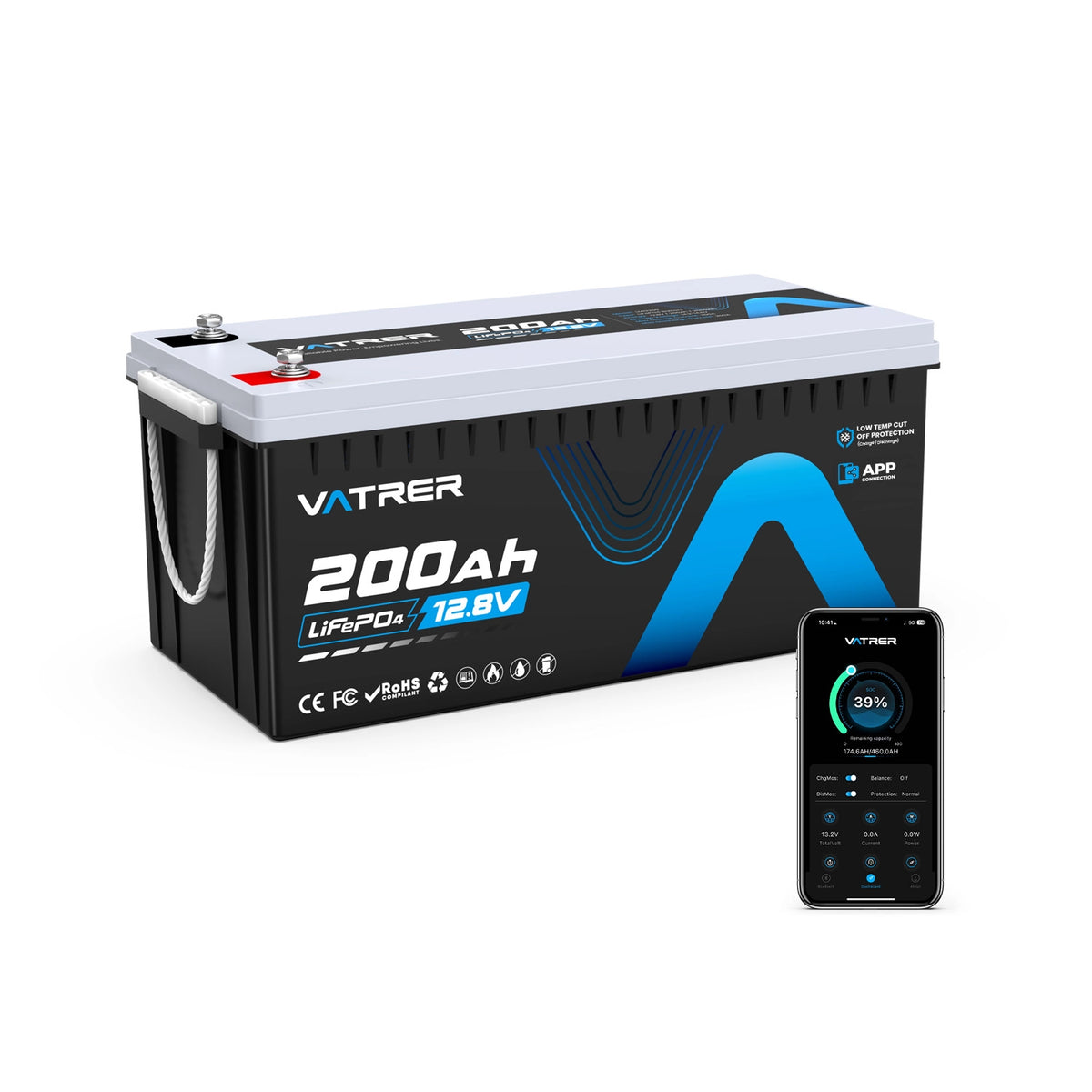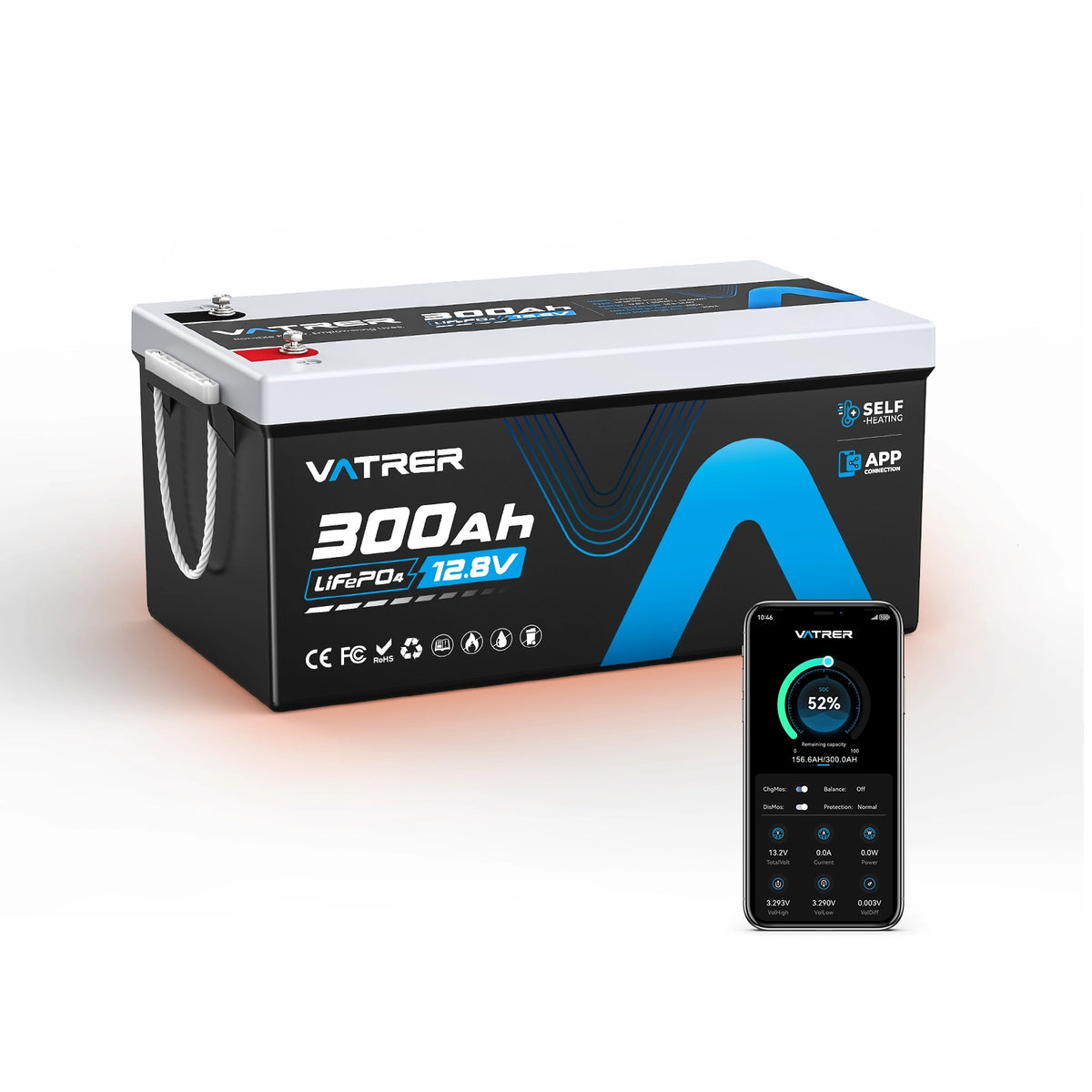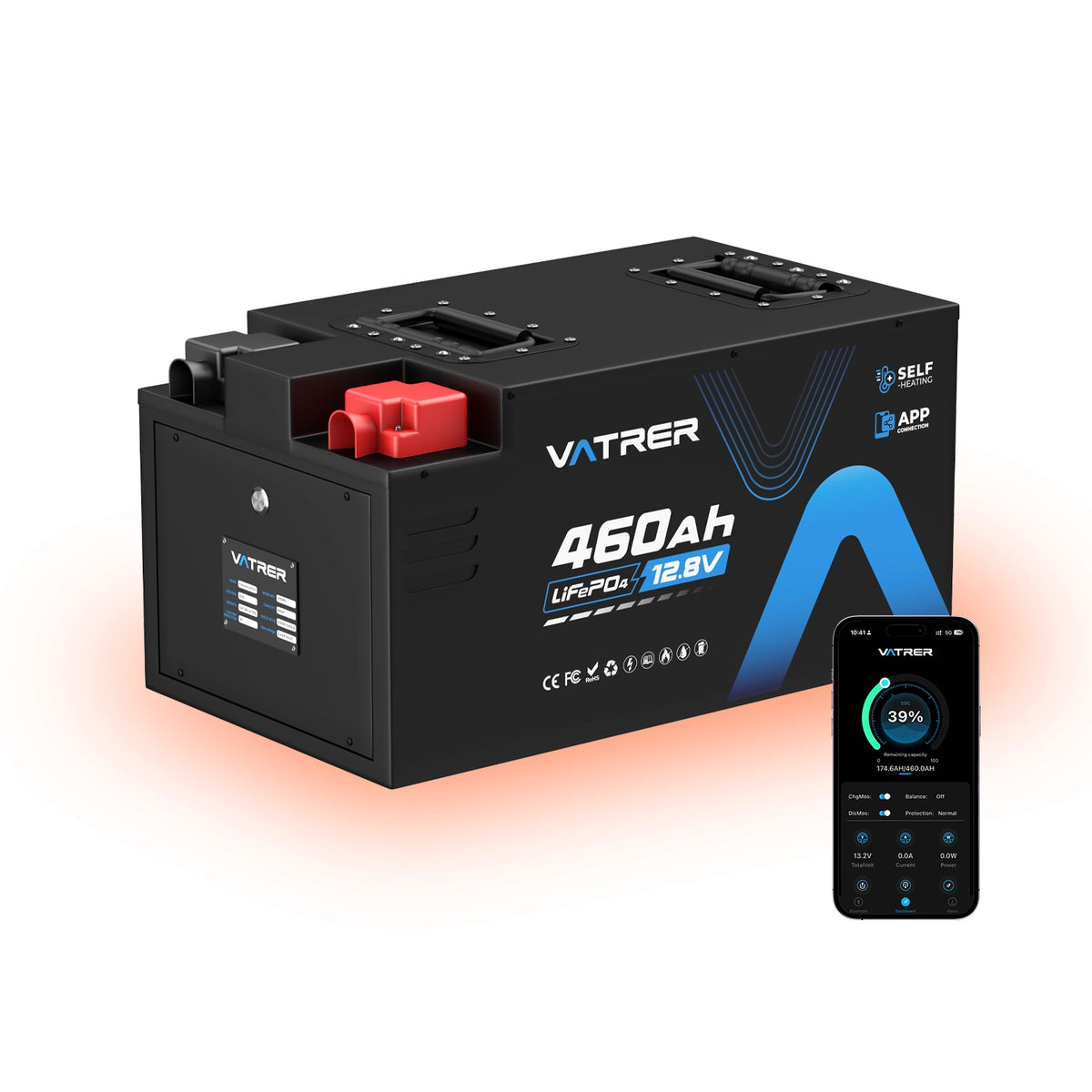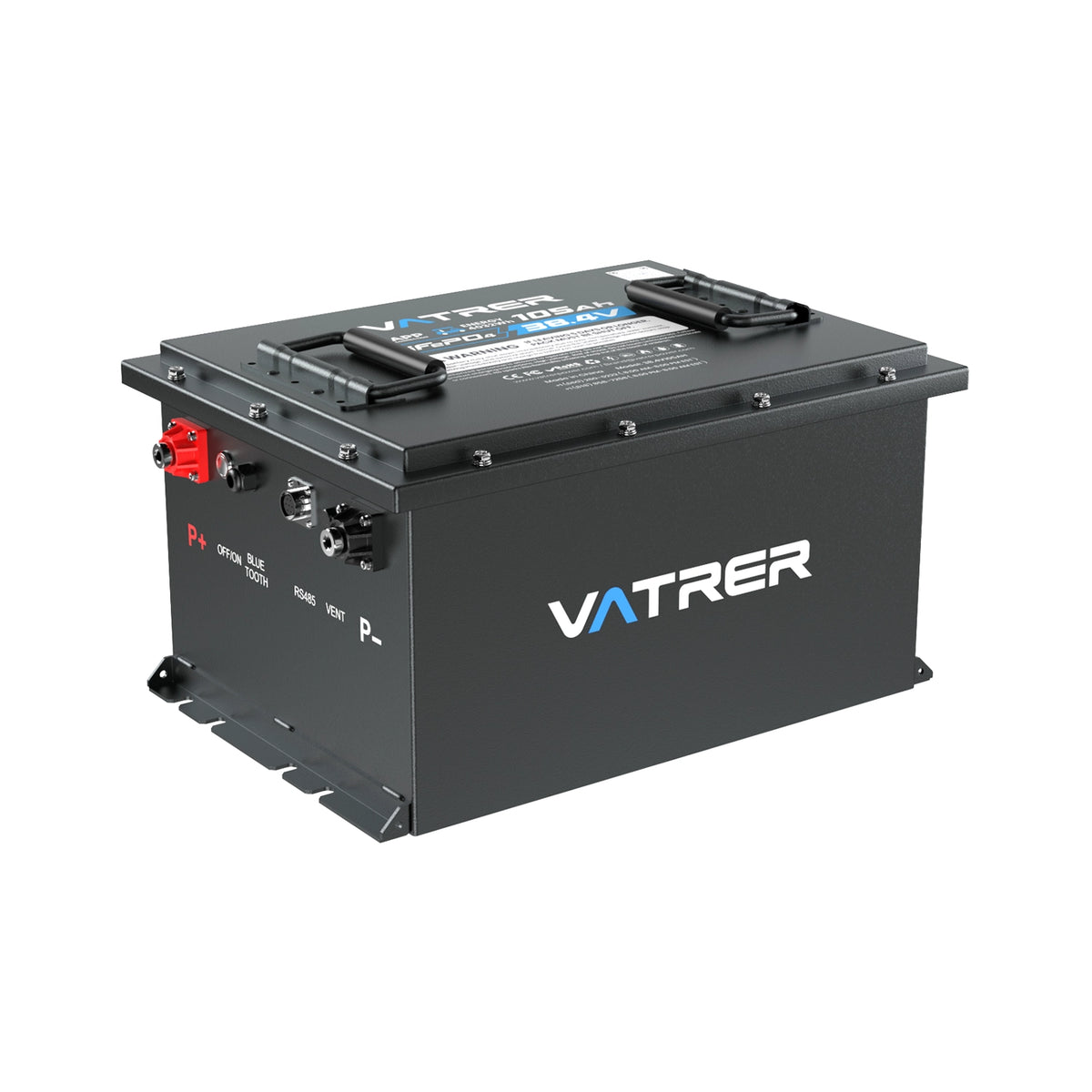Table of Contents
- 1. Introduction
- 2. Legal Requirements for Street Legal Golf Carts
- Headlights and Taillights
- Turn Signals
- Horn
- Windshield
- Side and Rear View Mirrors
- Seat Belts
- DOT Approved Tires
- Windshield Wiper
- Vehicle Identification Number (VIN)
- Registration and Insurance
- 3. Speed and Performance Standards
- 4. Process of Making a Golf Cart Street Legal
- 5. Variations in Legal Requirements by Region
- 6. Benefits of Street Legal Golf Carts
- 7. Conclusion
1. Introduction
Definition of Street Legal Golf Carts
A street legal golf cart is a modified version of a standard golf cart that meets specific legal requirements allowing it to be driven on public roads. These modifications ensure that the vehicle complies with safety and performance standards set by transportation authorities. Unlike traditional golf carts, which are primarily used on golf courses, street legal golf carts are equipped with features that make them suitable for road use.

Importance of Making Golf Carts Street Legal
The transformation of a golf cart into a street legal vehicle is crucial for several reasons. Firstly, it ensures the safety of both the driver and other road users by equipping the cart with necessary safety features. Secondly, it allows for the legal use of golf carts on public roads, expanding their utility beyond recreational purposes. This can be particularly beneficial in communities where golf carts are a popular mode of transportation. Lastly, making a golf cart street legal can enhance its resale value and provide owners with peace of mind knowing they are compliant with local laws.
2. Legal Requirements for Street Legal Golf Carts
Headlights and Taillights
Headlights and taillights are essential for visibility and safety, especially when driving at night or in low-light conditions. They help other drivers see the golf cart and allow the cart driver to see the road ahead. Most jurisdictions require that these lights meet specific brightness and positioning standards.
Turn Signals
Turn signals are crucial for indicating the driver’s intention to turn or change lanes. They are a standard requirement for all street legal vehicles, including golf carts, to ensure safe communication with other road users.
Horn
A horn is necessary for alerting pedestrians and other drivers of the golf cart’s presence. It serves as a warning device to prevent accidents and is a mandatory feature for street legal golf carts.
Windshield
A windshield protects the driver and passengers from wind, debris, and insects. It is a required feature for street legal golf carts and must be made of durable material that can withstand impact.
Side and Rear View Mirrors
Mirrors are essential for providing the driver with a clear view of the surroundings, helping to prevent accidents by allowing the driver to see vehicles approaching from behind or the side. Both side view and rear view mirrors are typically required for street legal golf carts.
Seat Belts
Seat belts are a critical safety feature that helps protect occupants in the event of a collision. They are mandatory for street legal golf carts to ensure the safety of the driver and passengers.
DOT Approved Tires
Tires must meet the Department of Transportation (DOT) standards to be considered roadworthy. DOT-approved tires are designed to provide adequate traction and durability for road use.
Windshield Wiper
In areas where rain is common, a windshield wiper is necessary to maintain visibility during adverse weather conditions. It is a required feature for street legal golf carts in many jurisdictions.
Vehicle Identification Number (VIN)
A Vehicle Identification Number (VIN) is a unique code assigned to each vehicle for identification purposes. It is required for registration and legal recognition of the golf cart as a street legal vehicle.
Registration and Insurance
To be legally driven on public roads, a golf cart must be registered with the appropriate authorities and insured. Registration involves obtaining a license plate and ensuring that the vehicle meets all legal requirements. Insurance provides financial protection in case of accidents or damage.
3. Speed and Performance Standards
Minimum and Maximum Speed Limits
Street legal golf carts must adhere to specific speed limits to ensure safety on public roads. Typically, they are classified as low-speed vehicles (LSVs) and must be capable of reaching a minimum speed of 20 mph but not exceeding 25 mph. These limits help prevent accidents and ensure that golf carts can safely integrate with other traffic.
Low-Speed Vehicle Classification
Low-speed vehicles (LSVs) are a category of vehicles that includes street legal golf carts. They are designed for use on roads with lower speed limits and are subject to specific regulations that differ from those for standard vehicles. This classification allows for the safe and legal use of golf carts on public roads.
4. Process of Making a Golf Cart Street Legal
Equipment Installation
The first step in making a golf cart street legal is installing the necessary equipment, such as headlights, taillights, turn signals, mirrors, and seat belts. This process may require professional assistance to ensure that all components meet legal standards.
Obtaining a VIN
Once the required equipment is installed, the golf cart must be assigned a Vehicle Identification Number (VIN). This involves a formal inspection to verify that the cart meets all legal requirements.
Registration Process
After obtaining a VIN, the golf cart must be registered with the local Department of Motor Vehicles (DMV) or equivalent authority. This process includes submitting necessary documentation, paying registration fees, and obtaining a license plate.
5. Variations in Legal Requirements by Region
Differences in State and Local Laws
Legal requirements for street legal golf carts can vary significantly by region. Some states may have additional requirements, such as specific safety features or emissions standards. It is essential for golf cart owners to familiarize themselves with the laws in their area to ensure compliance.
Examples of Regional Variations
For example, in Florida, street legal golf carts must be equipped with a windshield, while in California, additional emissions standards may apply. These variations highlight the importance of understanding local regulations when making a golf cart street legal.
6. Benefits of Street Legal Golf Carts
Environmental Impact
Street legal golf carts are often electric, making them an environmentally friendly alternative to traditional vehicles. They produce fewer emissions and contribute to reducing the carbon footprint of transportation.
Cost-Effectiveness
Golf carts are generally more affordable to purchase and maintain than standard vehicles. They consume less energy and require less frequent maintenance, making them a cost-effective transportation option.
Convenience and Accessibility
Street legal golf carts offer a convenient mode of transportation for short distances, particularly in communities with golf courses or retirement communities. They provide easy access to local amenities and can navigate narrow streets and parking spaces with ease.
7. Conclusion
Summary of Key Points
In summary, making a golf cart street legal involves equipping it with necessary safety features, obtaining a VIN, and registering it with the appropriate authorities. Legal requirements can vary by region, so it is essential for owners to understand local laws. Street legal golf carts offer numerous benefits, including environmental sustainability, cost-effectiveness, and convenience.
Final Thoughts on the Future of Street Legal Golf Carts
As urban areas continue to grow and environmental concerns become more pressing, the popularity of street legal golf carts is likely to increase. They offer a sustainable and practical solution for short-distance travel and have the potential to play a significant role in the future of urban transportation. By adhering to legal requirements and promoting their benefits, golf carts can become a mainstream mode of transportation in many communities.







